Sales Inquiry
Metallurgy Science For High-quality Non-ferrous Forging Products
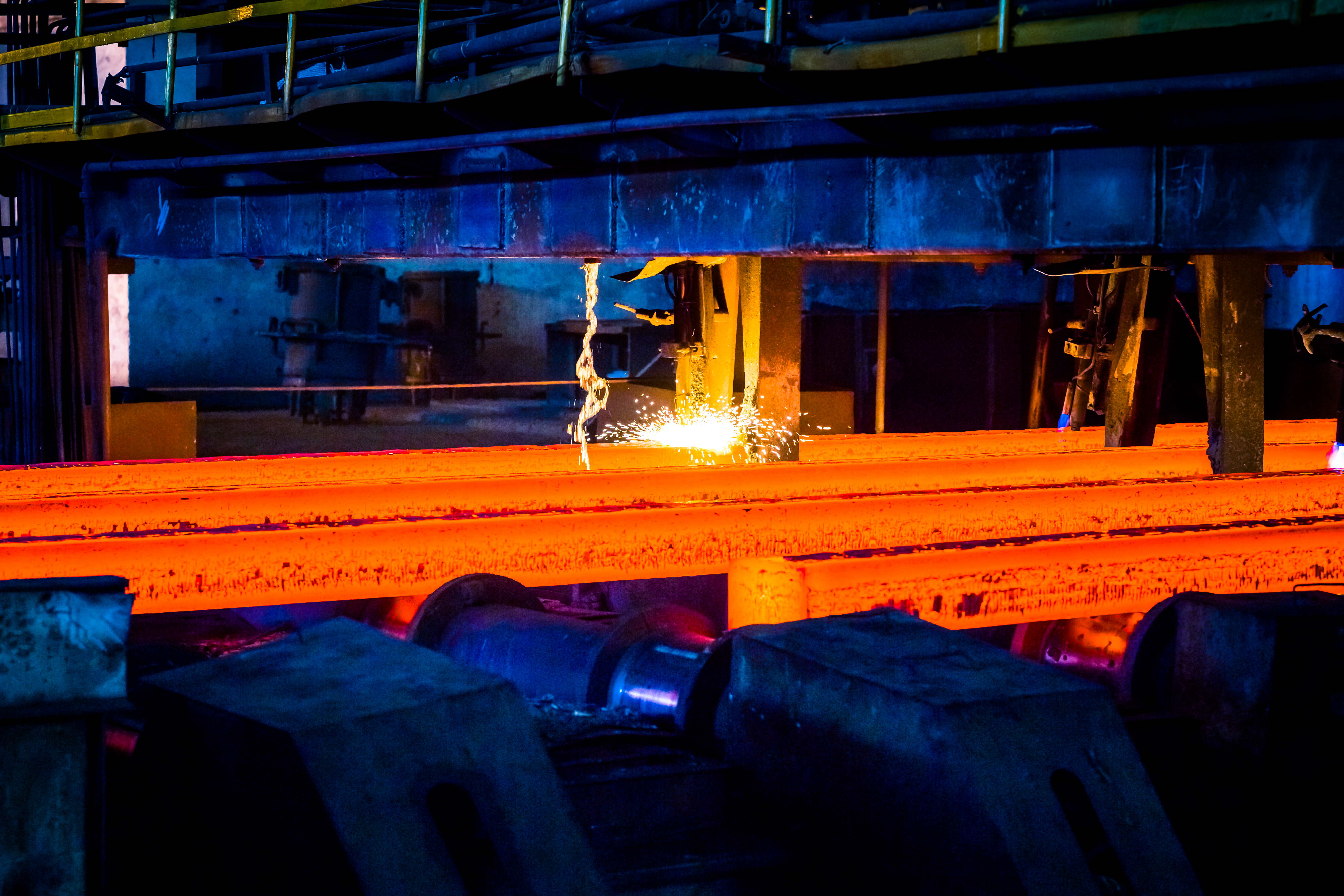
The properties of metals and alloys can be modified through various processing methods such as forging, casting, and machining. Forging is one of the most common methods used by non-ferrous forging companies to produce high-quality products. The metal is heated to a specific temperature during forging and then shaped using a hammer or press. Forging can improve the strength and ductility of metals and alloys, making them suitable for high-stress applications.
Casting is another popular method used to produce complex shapes and components. During casting, molten metal is poured into a mold and allowed to solidify. Casting can produce components with intricate shapes and excellent surface finish, but the properties of the metal may not be as consistent as those produced by forging.
Machining is the process of removing material from a workpiece to produce a specific shape or component. Machining is commonly used in the aerospace and automotive industries, where high precision is essential.
The Importance of Metallurgy in Non-ferrous Forging:
The non-ferrous forging industry relies heavily on metallurgy to select the right metal for a particular application, determine the metal's properties, and establish the optimal forging process.
The importance of metallurgy in non-ferrous forging companies cannot be overstated. Understanding the properties of metals and alloys and how they can be modified through processing methods is critical to producing high-quality products. Metallurgical testing is also essential to ensure that the products meet the required specifications and standards.
Selecting the right metal is critical in the non-ferrous forging industry. Each metal has unique properties that make it suitable for specific applications. For instance, aluminum is lightweight and corrosion-resistant, making it ideal for automotive parts, while copper has excellent electrical conductivity, making it ideal for electrical applications.
Metallurgy is also used to determine the properties of the metal, such as its strength, ductility, and toughness. These properties are critical in the forging process as they determine the amount of force required to shape the metal and the degree to which it can be deformed without breaking. Metallurgy also helps determine the optimal forging process for a particular metal. The forging process involves the shaping of the metal using heat and pressure. The optimal process depends on the metal being forged, its properties, and the desired shape of the final product.
Metallurgical Processes Used in Non-ferrous Forging:-
Non-ferrous forging involves several metallurgical processes that are used to shape the metal into the desired form. Some of the most common processes used in non-ferrous forging include:
Hot forging
Hot forging is a process that involves shaping the metal at high temperatures. The metal is heated to a temperature that is just below its melting point and then subjected to pressure to shape it into the desired form. Hot forging is used for metals such as aluminum, copper, and titanium.
Cold forging
Cold forging is a process that involves shaping the metal at room temperature. It is used for metals such as aluminum, brass, and copper. Cold forging requires higher pressure than hot forging but does not require heating of the metal.
Extrusion
Extrusion is a process that involves shaping the metal by forcing it through a die. It is commonly used for metals such as aluminum, copper, and titanium. Extrusion is a cost-effective process that allows for the creation of complex shapes.
Casting
Casting is a process that involves pouring molten metal into a mold and allowing it to solidify. It is commonly used for metals such as aluminum and copper. Casting is a cost-effective process that can produce large quantities of parts.
Metallurgical Statistics in Non-ferrous Forging
The non-ferrous forging industry is a significant contributor to the global economy. According to a report by Grand View Research, the global non-ferrous forging market size was valued at USD 17.48 billion in 2020 and is expected to grow at a CAGR of 4.1% from 2021 to 2028.
The report attributes the growth of the non-ferrous forging industry to several factors, including the increasing demand for lightweight materials in the automotive and aerospace industries, the growing demand for renewable energy, and the increasing demand for medical devices.
Non-ferrous forged components are widely used in the automotive industry. The market for automotive forged components was estimated to be worth USD 9.6 billion in 2020 and is projected to grow to USD 15.6 billion by 2025, according to a report by MarketsandMarkets.
Since the success of the cast and forged components depends on the composition of metal alloys. This is something we take very seriously, and we have the most up-to-date Optical Emission Spectrometer to examine and certify the composition of any copper and aluminum-based alloys, providing results for up to 26 base elements.
Each batch of metal extrusions produced by a foundry is examined for chemical composition, and records are kept for up to two years.
One of the top producers and exporters of non-ferrous forged components is IQS Engineering Solutions Pvt. Ltd., one of the top non-ferrous forging and casting companies registered in India, an MSME in India, and an MCA registered company.
We are among the top forging and casting businesses in India that are expanding the quickest. Brass Forgings, Aluminium Forgings, Copper Forgings, Bronze Forgings, Aluminum Casting, and Brass Casting are just a few of the many product categories in which the company is active. Our mission is to distinguish ourselves as the top service providers for non-ferrous casting and forging components both in India and beyond.

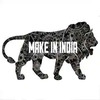
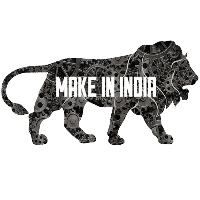

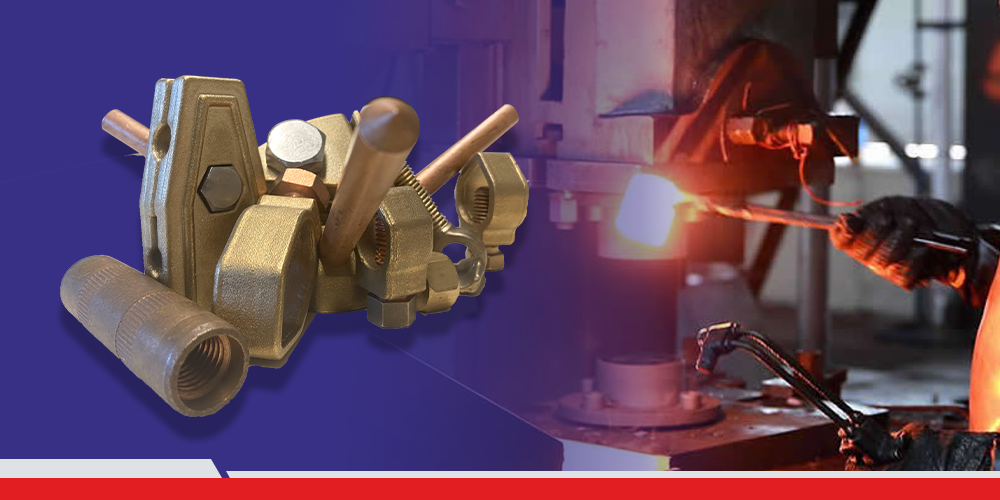
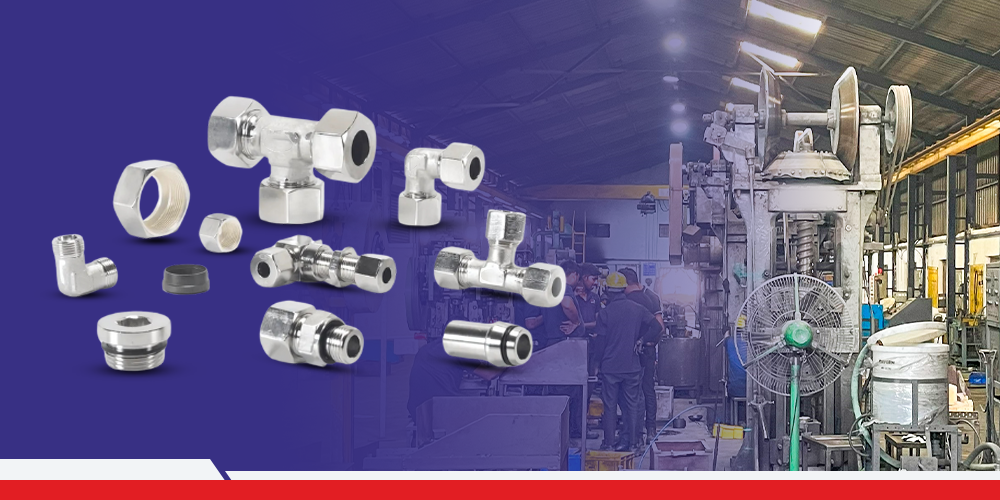
.png)